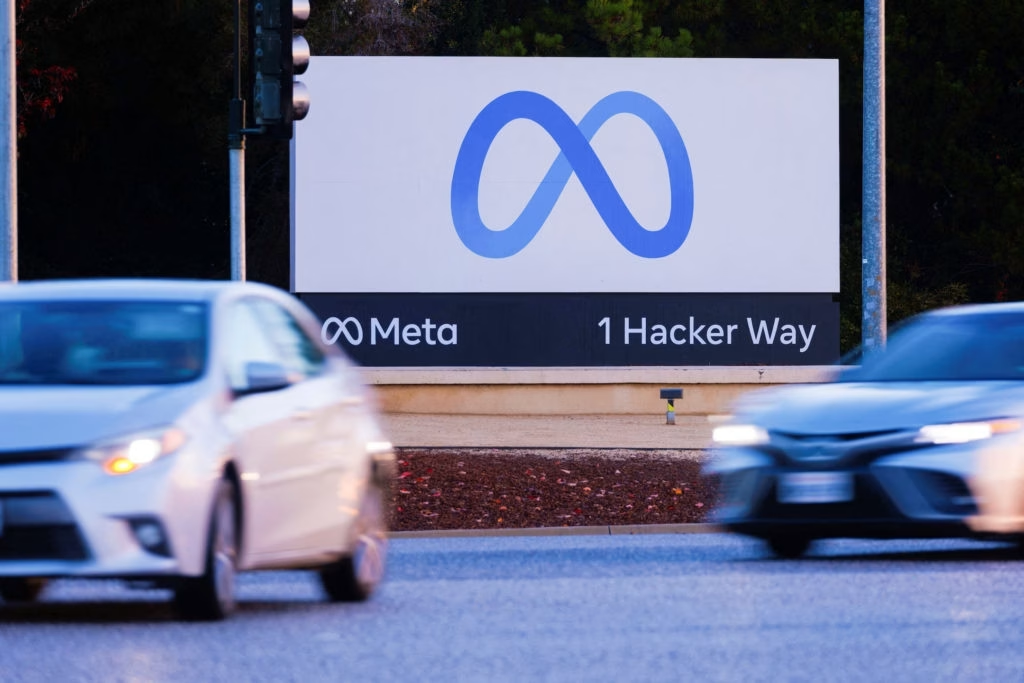Meta's Bold AI Gambit: Poaching Top Talent from OpenAI for Superintelligence
The artificial intelligence landscape is heating up, and if you've been paying any attention, you'll know that the competition for top-tier AI talent is fiercer than ever. It's like a high-stakes chess match, and Meta Platforms Inc. just made a rather aggressive move, scooping up four notable AI researchers from OpenAI. This isn't just a casual hire; it's a strategic maneuver, part of Meta's accelerating push to staff its newly formed Superintelligence group. And frankly, it’s fascinating to watch unfold.
The Superintelligence Play: Why Meta is Ramping Up
Meta's decision to establish a dedicated "Superintelligence group" tells you everything you need to know about their long-term vision. We're not just talking about incremental improvements to existing AI models here. No, this is about pushing the boundaries towards artificial general intelligence (AGI) and, eventually, superintelligence. Think about it: a truly intelligent AI that can reason, learn, and adapt across a vast array of tasks, perhaps even surpassing human cognitive abilities in certain domains. That's the holy grail, isn't it?
For Meta, this isn't just an academic pursuit. It's about staying relevant, innovating, and potentially dominating the next era of technology. They're betting big on AI being the foundational layer for everything from advanced metaverse experiences to more intuitive social platforms and beyond. To achieve such ambitious goals, you need the best minds in the business. And where do you find some of the best minds? Often, at the forefront of current AI breakthroughs, like OpenAI.
The Brain Drain from OpenAI: Who and What They Bring
The recent reports from Bloomberg, TechCrunch, and Reuters confirm that Meta has indeed lured away a quartet of highly regarded researchers from OpenAI. We're talking about names like Trapit Bansal, Lucas Beyer, Alexander Kolesnikov, and Xiaohua Zhai. These aren't just random engineers; these are individuals who've been deeply involved in cutting-edge AI research, likely contributing to the very models that have captured the world's imagination.
What specific expertise do they bring? While the exact projects they'll tackle at Meta's Superintelligence group remain under wraps, it's a safe bet they'll be focusing on foundational AI reasoning models. Imagine AI that doesn't just parrot information but truly understands context, infers meaning, and makes logical deductions. That's the kind of capability these researchers are known for. Poaching them from OpenAI, a company synonymous with advanced AI, isn't just a win for Meta; it's a clear signal of intent. It says, "We're serious about this, and we're willing to go head-to-head for the talent."
The High Stakes of the AI Talent War
This isn't the first time we've seen a talent tug-of-war in tech, but the AI space feels different. The stakes are incredibly high, and the competition is absolutely cutthroat. Reports circulating on platforms like X suggest that Meta isn't shy about opening its wallet, with compensation packages reportedly reaching upwards of $100 million to attract these top-tier experts. One hundred million dollars! For a single researcher! It's mind-boggling, really, but it underscores the perceived value of these individuals and the potential returns on their work.
This aggressive recruitment strategy has significant implications for the entire industry. It could escalate the ongoing "talent war," making it even harder for smaller firms or even other tech giants to secure the expertise they need. It also raises questions about the concentration of AI power within a few massive corporations. Is this healthy for innovation? Or does it create an exclusive club where only the wealthiest can play at the highest level? It's a nuanced discussion, for sure.
Meta's Broader AI Ambitions: A Pattern of Aggression
Meta's long-term vision for AI extends far beyond just improving their existing social media platforms. They're looking to build the foundational models that will power future iterations of the internet, including the metaverse. This requires a deep understanding of everything from generative AI to advanced reasoning and multimodal capabilities. The Superintelligence group, bolstered by these new hires, is clearly central to that grander strategy.
What This Means for the Future of AI Development
So, what does this all mean for the future of AI? On one hand, it suggests an acceleration in the pace of AI development. When you have brilliant minds, backed by immense resources, working on these complex problems, breakthroughs are bound to happen faster. This could lead to incredible advancements that benefit society in myriad ways.
On the other hand, there's a palpable sense of concern among some in the community. The rapid consolidation of top AI talent within a few mega-corporations raises questions about control, ethics, and the potential for unintended consequences. Will these powerful AIs be developed responsibly? Will their benefits be broadly distributed, or will they primarily serve the interests of the companies that build them? These are big questions, and frankly, we don't have all the answers yet. It's a journey we're all on, watching these developments unfold in real-time.
In conclusion, Meta's recent hiring spree from OpenAI is more than just a news headline; it's a significant indicator of the intense competition and strategic investments happening at the bleeding edge of artificial intelligence. It underscores Meta's unwavering commitment to developing superintelligence and positions them as a formidable player in the global AI race. The implications for the industry, and indeed for society, are profound, and we're only just beginning to see how this all plays out.
